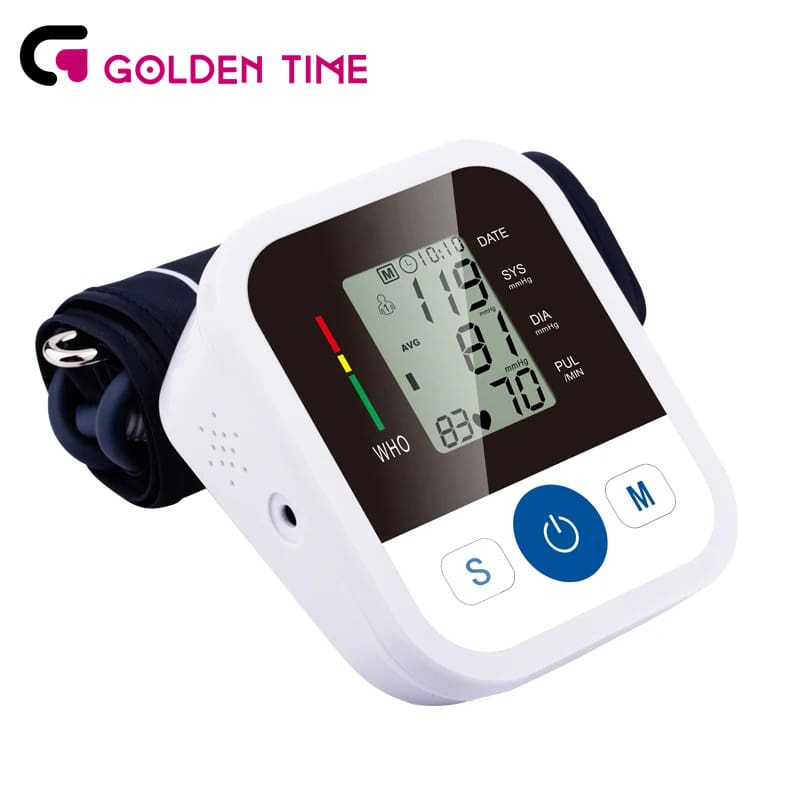Oct . 20, 2024 13:34 Back to list
h pylori stool test supplier
Understanding the Importance of h. pylori Stool Testing and Supplier Options
Helicobacter pylori, commonly known as H. pylori, is a type of bacteria that can infect the stomach lining, leading to various gastrointestinal disorders, including peptic ulcers and chronic gastritis. The detection of H. pylori is crucial for effective treatment and management. Among the various diagnostic methods available, the stool test for H. pylori has gained popularity due to its non-invasive nature and reliability. This article delves into the significance of H. pylori stool testing and the selection of appropriate suppliers for this essential medical service.
The Significance of H. pylori Stool Testing
H. pylori infection is prevalent worldwide, affecting a significant percentage of the population. Symptoms often include abdominal pain, bloating, nausea, and in severe cases, it may lead to ulcers or even gastric cancer. Therefore, timely diagnosis and treatment are critical. The stool antigen test is one of the most common methods used to detect H. pylori. This test involves analyzing a stool sample for the presence of H. pylori antigens, which indicates an active infection.
One of the primary advantages of the stool test is that it is non-invasive. Unlike endoscopic procedures, which require sedation and carry certain risks, stool tests can be conducted without any discomfort to the patient. This makes it particularly appealing for individuals who may be hesitant to undergo more invasive testing. Additionally, stool tests can be performed in the comfort of one’s home or at a clinic, enhancing patient convenience.
Another significant benefit is the test's accuracy. Modern stool antigen tests boast impressive sensitivity and specificity, making them reliable for diagnosing H. pylori infections. Moreover, they can be used to confirm eradication after treatment, ensuring that the infection has been cleared effectively.
Choosing the Right Supplier for H
. pylori Stool TestsWhen it comes to selecting a supplier for H. pylori stool testing, several factors should be taken into consideration. The quality of the test kits, the reliability of the results, support services, and compliance with regulatory standards are all critical.
h pylori stool test supplier

1. Quality of Test Kits It is vital to ensure that the supplier provides high-quality, CE-marked or FDA-approved test kits. These certifications indicate that the products meet stringent safety and effectiveness standards. Suppliers should also be transparent about the technology and methodologies used in their tests.
2. Reputation and Reliability Researching a supplier’s reputation in the medical community can provide insights into their reliability. Looking for suppliers with positive reviews from healthcare professionals or institutions can help ensure that you choose a trustworthy provider.
3. Customer Support Good customer support is essential, especially for healthcare providers who may have questions or need assistance with the testing process. A supplier that offers comprehensive training, clear instructions, and responsive customer service can significantly enhance the experience for both providers and patients.
4. Regulatory Compliance Ensure that the supplier complies with local and international regulations governing laboratory testing and medical supplies. This compliance is critical for the legal and safe usage of the tests.
5. Cost-Effectiveness While cost should not be the sole factor in choosing a supplier, it is essential to find a balance between quality and affordability. Comparing prices and services among different suppliers can ensure you get the best value without compromising on quality.
Conclusion
H. pylori stool testing is an indispensable tool in the diagnosis and management of H. pylori infections. Its non-invasive nature, coupled with high accuracy, makes it an appealing option for both patients and healthcare providers. When selecting a supplier for these tests, it’s essential to consider factors like quality, reliability, support, compliance, and cost. By taking the time to choose the right supplier, healthcare professionals can ensure that they provide their patients with the best possible care in managing H. pylori infections.
-
Reliable Early Pregnancy Test Kit Supplier - Multi Plastic Cassette Options
NewsJul.30,2025
-
Transferrin Rapid Test Cassette – Reliable Tumor Marker Detection
NewsJul.29,2025
-
Accurate Follicle Stimulating Hormone Test Kit | Rapid Reliable Results
NewsJul.29,2025
-
High Accuracy LH Ovulation Test Kit - Digital Results & Wholesale Options
NewsJul.29,2025
-
HbsAg Blood Rapid Test Kit for Fast & Accurate Hepatitis B Detection
NewsJul.28,2025
-
Sterile Urine Cup for Safe & Easy Collection | High-Quality Specimen Cups
NewsJul.28,2025

